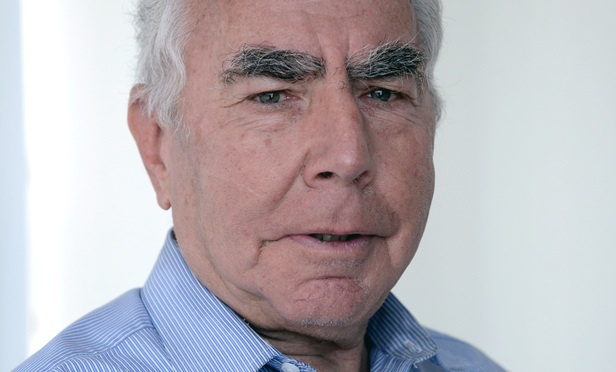Section 1983 law is filled with various immunity defenses. Some officials are protected from personal liability by absolute judicial, prosecutorial, witness, or legislative immunity. Officials who carry out executive and administrative functions are protected by qualified immunity. Qualified immunity protects an official from personal monetary liability for her unconstitutional conduct if she did violate the plaintiff’s clearly established constitutional rights.
A successful immunity defense will leave a §1983 plaintiff whose constitutional rights were violated without a monetary remedy against the offending official. This is not itself a startling result. It is how immunities operate. Although the text of §1983 does not authorize absolute or qualified immunity defenses from monetary liability, the Supreme Court has long acted on the assumption that the Congress that enacted the original version of §1983 in 1871 did not intend to “abolish wholesale” all common-law immunities existing at that time. Pierson v. Ray, 386 U.S. 547, 554-55 (1987). The Supreme Court has read these common-law immunities into §1983, although not “mechanically,” and has considered developments in the law since 1871 as well as policy concerns underlying §1983. See Rehberg v. Paulk, 566 U.S. 356, 364-66 (2012).


 Martin A. Schwartz
Martin A. Schwartz




